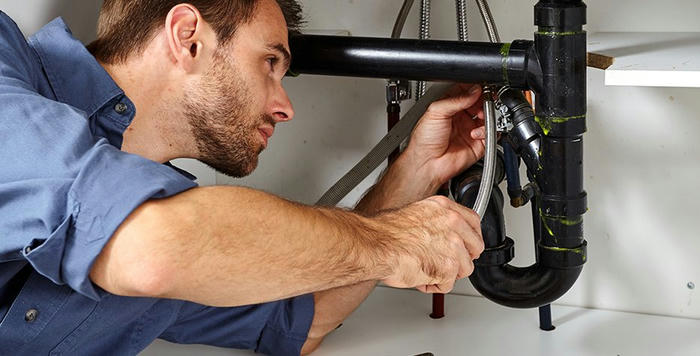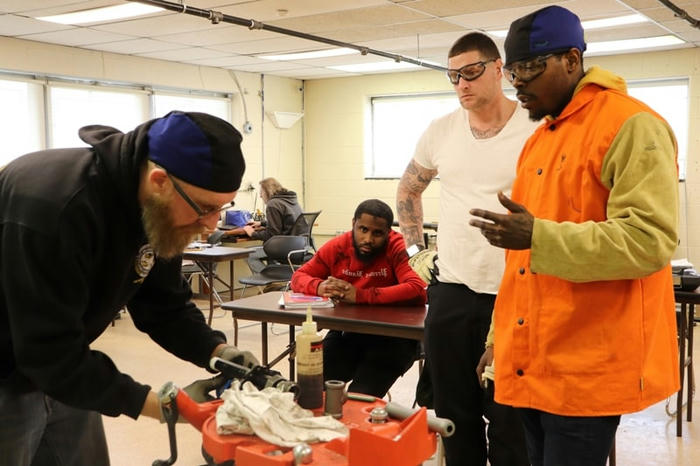Building a Future in Plumbing: Plumber training unlocks your new future
The demand for skilled plumbers has never been higher. From aging infrastructure repairs in New York City to new residential developments in Johannesburg, the global need for plumbing expertise is surging. Whether you’re a recent graduate in London, a career changer in Tokyo, or someone seeking stability in Toronto, this profession offers a tangible path to financial security and community impact. Here’s how to navigate the training landscape and secure your place in this thriving industry.
Why Plumbing Is a Career Built to Last
Plumbing isn’t just about fixing leaks—it’s about safeguarding public health and enabling modern living. In the U.S., over 42,000 plumbing jobs open annually due to retirements and infrastructure demands. Germany’s push for energy-efficient heating systems and Japan’s aging population needing retrofitted homes further amplify opportunities. Canada and South Africa are investing heavily in water conservation projects, creating jobs for experts in sustainable plumbing. Unlike many industries vulnerable to automation, plumbing relies on hands-on problem-solving, ensuring long-term relevance.
The math is simple: as cities grow and regulations tighten, trained plumbers become indispensable. For example, France’s recent mandate for eco-friendly plumbing in all new buildings has spiked demand for certified professionals. If you’re looking for a career resistant to economic downturns, plumbing’s blend of stability and growth is unmatched.

The Non-Negotiable: Professional Training
While natural mechanical aptitude helps, professional training is non-negotiable. Modern plumbing requires mastery of complex systems—from solar-powered water heaters in Italy to smart leak-detection sensors in U.K. homes. A single error in gas line installation or wastewater management can have catastrophic consequences, which is why licensing boards in countries like Australia and the U.S. enforce rigorous training standards.
Consider the skills you’ll gain: blueprint reading, local code compliance, and advanced tool operation. In Germany, apprentices learn to install hydronic heating systems, while South African trainees focus on rainwater harvesting solutions. Without formal education, you risk missing critical knowledge—like understanding cross-connection controls to prevent water contamination. Training isn’t just about passing exams; it’s about earning trust in a field where mistakes cost lives.

Breaking Down Training Timelines: From Weeks to Years
Training duration varies by country and pathway, but flexibility exists for every lifestyle:
Accelerated Courses (4–12 weeks): Platforms like CourseCareers offer online programs covering fundamentals, ideal for those in Japan or urban France seeking quick entry. These courses often include virtual simulations for hands-on practice.
Trade Schools (3–6 months): Institutions like Canada’s Northern Alberta Institute of Technology provide intensive programs blending classroom theory with lab work. Graduates qualify for apprenticeships or entry-level roles.
Apprenticeships (4–5 years): The gold standard in nations like the U.S. and U.K., apprenticeships pair paid on-the-job training (2,000+ hours annually) with classroom instruction. You’ll earn while mastering everything from pipefitting to project management.
Time investment correlates with earning potential. Apprentices in Germany start at €1,200/month, rising to €3,500+ after licensure. Meanwhile, online learners in Italy can begin freelance work within months while completing advanced certifications.
Your Roadmap to Certification
Start with Basics: Secure a high school diploma or GED. In France, the CAP Plomberie certificate serves as an entry credential.
Choose Your Path: Research accredited programs. For instance, South Africa’s QCTO-registered courses or Penn Foster’s online diplomas in the U.S.
Apply for Apprenticeships: Contact unions like the UK’s CIPHE or companies like Canada’s Reliance Home Comfort. Apprenticeships often prioritize candidates with pre-training.
Pass Licensing Exams: In the U.S., exams test knowledge of the Uniform Plumbing Code; Germany requires mastery of DIN standards. Study groups and prep courses (e.g., NTI’s workshops) boost success rates.
Specialize: Post-licensure, pursue niches like medical gas systems (high-demand in Japan) or green plumbing (certified by organizations like Green Plumbers USA).
Stay Ahead in a Competitive Field
The best plumbers never stop learning. In Australia, workshops on greywater recycling attract professionals aiming to lead in sustainability. Canada’s Red Seal certification allows interprovincial work, expanding job access. Industry conferences, like Italy’s MCE Milano, offer networking and training on emerging tech like AI-driven diagnostics.
Consider this: A plumber in Berlin who upskills in heat pump installations can charge 30% more per project. Similarly, Johannesburg specialists trained in solar water systems secure contracts with eco-conscious developers. Continuous learning isn’t optional—it’s how you future-proof your career.
Take the First Step Today
Plumbing isn’t just a job; it’s a legacy. With global demand outpacing supply, there’s no better time to act. Explore programs tailored to your region—whether it’s a 12-week online course or a union-backed apprenticeship. Connect with local trade schools or industry groups this week, and ask about financial aid or mentorship opportunities. Your expertise could be the solution to someone’s crisis tomorrow. What are you waiting for?
